Mobile health (mHealth) involves the use of mobile devices, sensing technologies and mobile apps for providing healthcare related services. It is one of the most important segments of eHealth, which is constantly gaining momentum due to the proliferation of low-cost mobile devices (i.e. smart-phones, tablets), as well as due to the advancement of computational and sensing capabilities of such devices. As part of the mHealth movement there are already thousands of healthcare applications, which provide location-aware and pervasive monitoring functionalities in order to facilitate disease prevention, detection and treatment.
The advent of mHealth enables healthcare organizations and governments to offer advanced disease management functionalities at a low cost, while at the same time reducing needs for hospitalization and facilitating patients to live healthier and longer independently. In such ways, mHealth alleviates the extreme pressure faced by the national healthcare systems worldwide as they have to cope with an ever increasing number of patients on constrained budgets. Overall, mHealth is and will gradually transform healthcare and will deliver benefits to multiple stakeholders. A sound understanding of mHealth’s benefits and capabilities is the key to developing novel applications and services, which will essentially improve healthcare delivery along with the patients’ quality of life.
Taxonomy of mHealth Applications and Services
There are different ways for classifying and analyzing healthcare apps. The most prominent one is the classification based on the disease or the chronic condition that they are targeting. Also, there are mobile apps dedicated to supporting patients that suffer from specific diseases such as dementia (e.g., MindMate and CleverMind), cardiac/heart-related diseases (e.g., Cardiio), respiratory diseases (e.g., ResApp solutions) and more. There are numerous apps in each one of such disease categories, which makes it possible to define additional sub-groupings based on the specific functionalities, symptoms and health-risks addressed by each app. For example, in the case of dementia apps it is possible to introduce additional classifications depending on whether the app supports the patients in their memory, orientation or language problems. Furthermore, there are dementia-related apps that put emphasis on cognitive training in addition to supporting its users in every day tasks. Likewise, in the case of apps for respiratory diseases, there are specialized apps that target different types of asthmatic patients, such as patients suffering from COPD (Chronic Obstructive Pulmonary Disease). Note that there are also apps providing integrated functionalities targeting multiple risk-factors and disease support functionalities however, the majority of the apps tend to focus on a few vertical functionalities as a means of being simple to use, energy efficient to operate and ultimately more accepted by end users.
Another classification of the various apps can be based on its purpose. There are apps focusing on prevention, others on detection and others on treatment of a specific disease. However, there are also apps that aim to provide end-to-end management of a specific disease. The latter operate in conjunction with back-office applications, which are operated by healthcare services providers.
Healthcare apps can be also classified based on the mobile platform and device they run on. In principle, most applications are developed for one or both of the mainstream mobile platforms i.e. iOS and Android. Moreover, some of the apps are operational on smartphones and others on tablets, depending on their computational and user interface needs. The target device has also an impact on the market penetration of the apps. For example, older adults make a more extensive use of tablet devices, rather than smart phones. Nevertheless, these numbers are bound to change for future generations.
Special Characteristics of Healthcare Apps
Healthcare apps come with special characteristics that differentiate them from the mass of conventional mobile apps. These characteristics stem directly from the fact that the apps address special audiences (e.g., elderly, patients, disabled individuals) and include:
- Ergonomic user interfaces: The user interface of healthcare apps tends to be radically different from the interfaces of conventional apps. Achieving ergonomic design and user-friendliness for elderly or patients requires special design considerations, including features such as large buttons and other user interface elements, high audio volumes for notifications and alerts, fancy colors and more.
- Energy efficient I/O operations: The majority of healthcare apps take advantage of the sensing capabilities of the mobile device. Sensing incurs energy-savvy I/O operations, which challenge the energy autonomy of the device and are likely to lead to the need for (re)charging the battery frequently. As a result, healthcare apps designers need to make sure that their apps are as power efficient as possible.
- Special functionalities: Healthcare apps implementers should think of features that enhance the usability and acceptance of the apps by their users. Think, for example, about the implementation of reminders about charging the device, which could be a salient feature for users with memory problems or cognitive decline. Similarly, functionalities like helping users to locate their device are much more important in this context.
Challenges Ahead
Despite the rapid growth of the mHealth ecosystem there are still several challenges that need to be addressed to enable a radical transformation of healthcare delivery based on mobile devices. These include:
- Privacy and data protection: Healthcare apps impose privacy risks for their users as they enable access to and sharing of their personal data. Therefore, mHealth apps developers need to include proper privacy controls while respecting privacy regulations such as the GDPR regulation in the EU.
- Interoperability: Currently different apps form disaggregated data silos which are used by various users and healthcare providers. A wave of new opportunities could emerge based on the integration and interoperability of different apps that collect and process similar data. For example, data collection from many dementia apps could provide a sound basis for extracting relevant medical knowledge.
- Viable business models: Beyond conventional mobile apps business models (e.g., licensing & using an app from a marketplace), healthcare stakeholders seek for lucrative business models that will lead to cost-savings for citizens, revenues for healthcare services providers, as well as increased stakeholders’ engagements. Such business models could, for example, motivate healthcare services providers to provide content and functionalities inside a mobile app.
- Technical advancements: Healthcare apps take advantage of advances in mobile devices capabilities and in low-cost multi-purpose sensors. In addition to these advances, future apps should expose integrated functionalities, use of more sensors and increased power efficiency. Thereore, significant research and development in these areas is needed in the coming years.
mHealth is already transforming healthcare and delivering benefits to all stakeholders. For example, doctors and other health professionals are provided with rich and accurate data for disease management. Clinical researchers exploit mobile devices for their trials in a way that enhances accuracy and reduces costs. Health Insurance companies can nowadays design personalized services for their customers taking into account factual data about their lifestyles and needs. Finally, patients are able to live longer independently while saving money spent on their carers. Given these tangible benefits, “mobile-first” e-health will disrupt the industry in the years to come leading to a better quality of life for citizens and also resulting in unprecedented innovation opportunities for businesses in the healthcare sector.
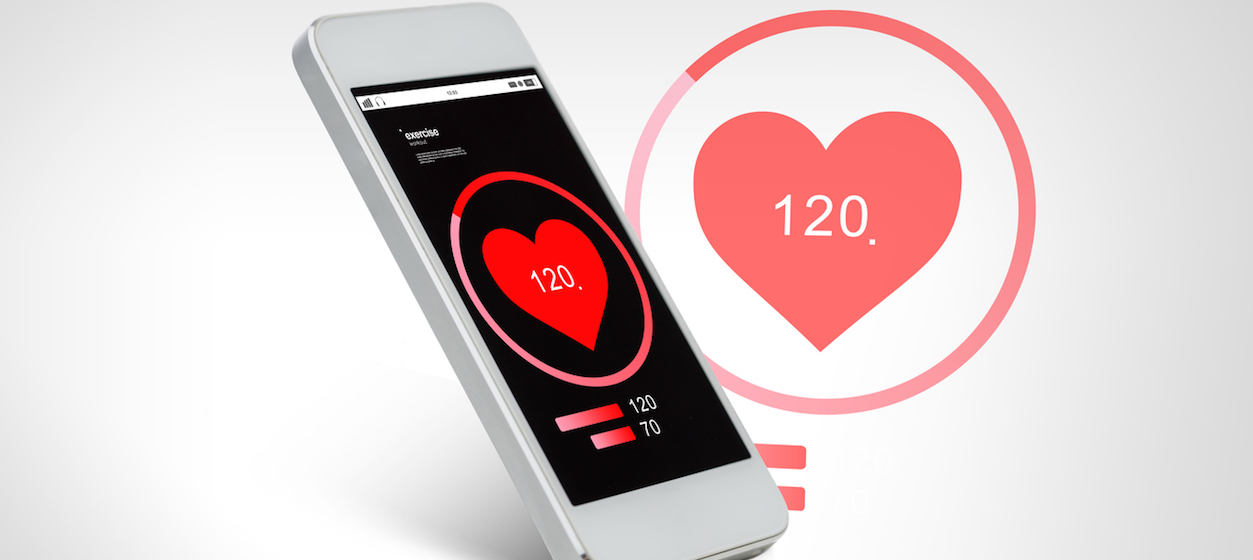
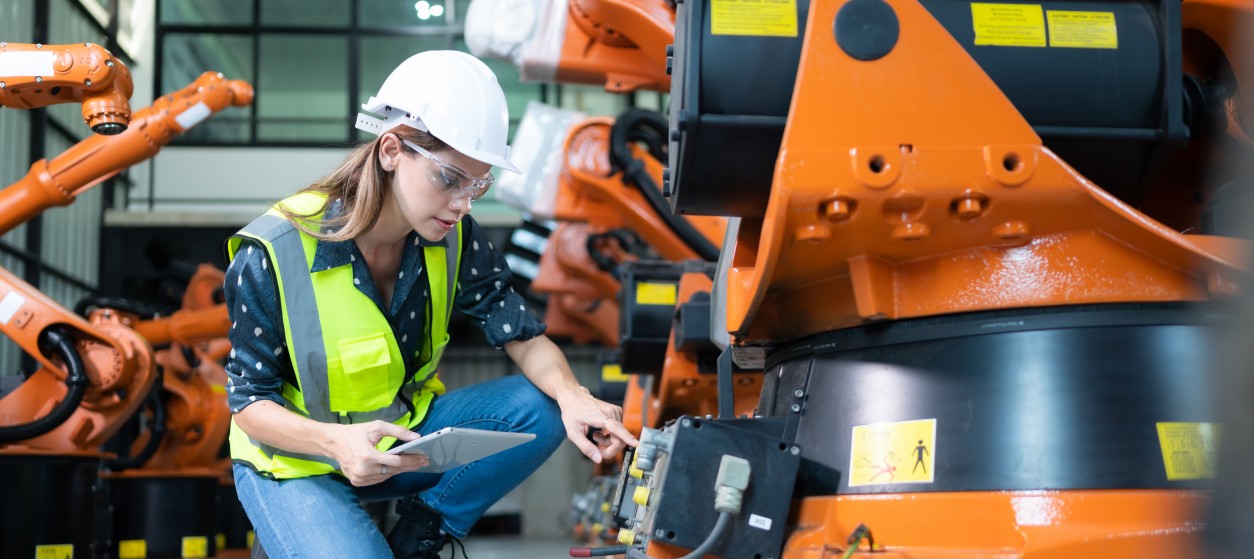
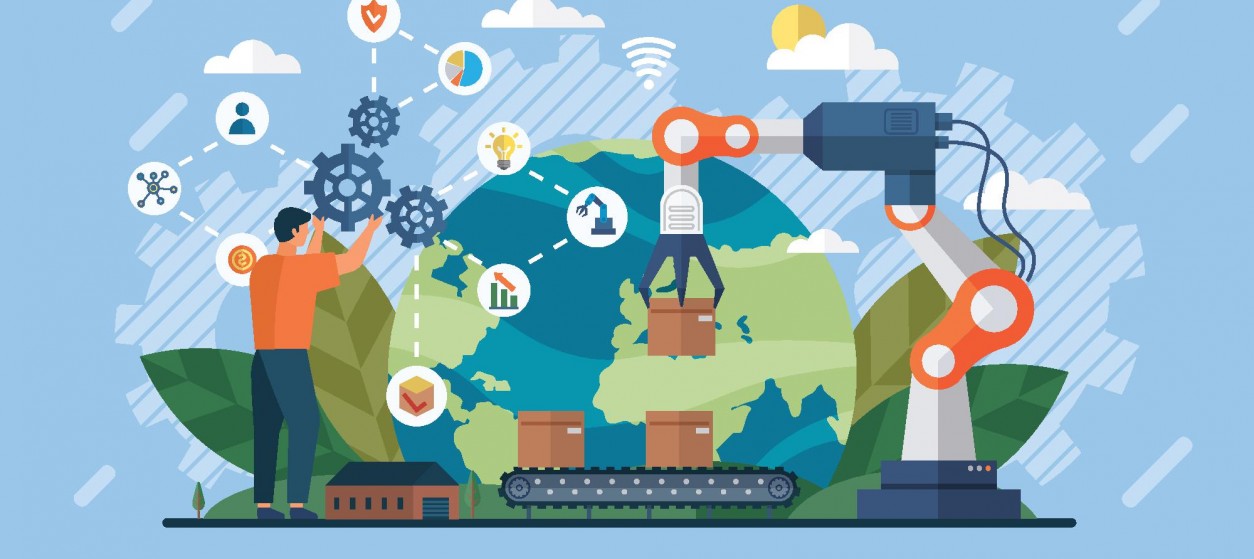
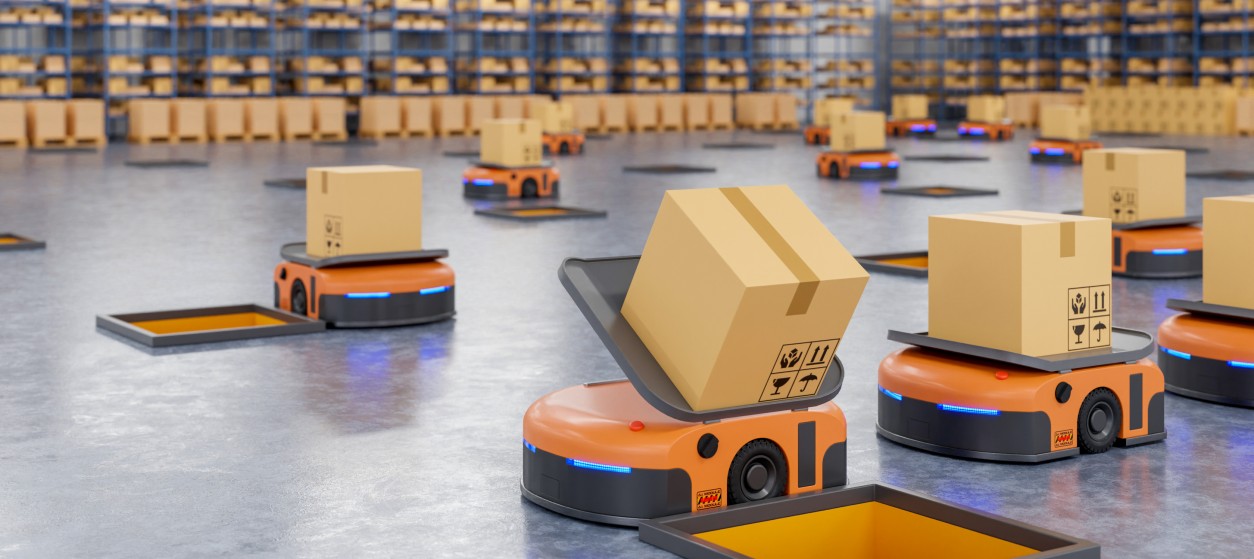
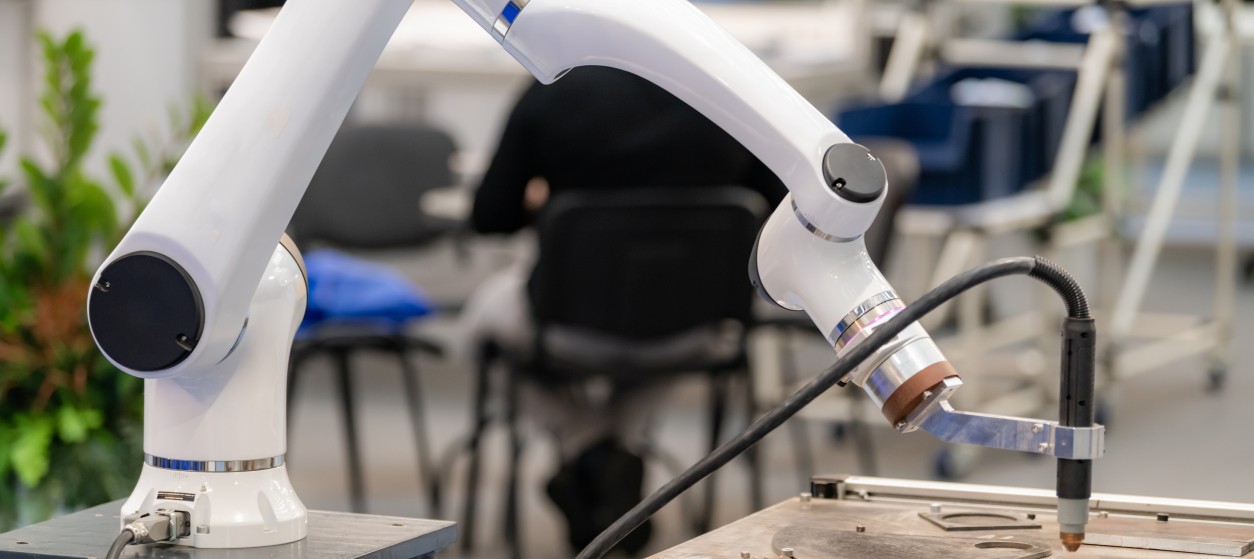






강남 임플란트 잘하는 치과 방문은 이와 같은 전공 치료 외에도, 정기적인 구강 검진을 통해 초기 단계의 치과 문제를 발견하고 조기에 대응할 수 있도록 합니다. 현대 치과 기술은 확 정밀한 검사와 효과적인 처치를 가능하게 해, 치유 과정의 어려움을 줄이고, 회복 기간을 단축시킵니다.
강남 임플란트 추천
Starting a daycare center is one of the topics that has been attracting attention in the education and childcare business for the past few years. Because daycare centers play a critical role in helping children with their early learning and socialization, the auction process must be done very carefully. In this article, we’ll look at the key factors, considerations, pros and cons of purchasing a daycare center.
Translated from Korean
(어린이집창업는 요즘 몇 년간 교육 및 보육 사업에서 주목받고 있는 주제 중 하나입니다. 어린이집은 유아들의 초기 학습과 사회화를 돕는 중대한 역할을 하기 때문에, 그 경매 과정은 아주 신중하게 이루어져야 합니다. 이 글에서는 어린이집 구매의 주요 요소, 고려사항, 장단점에 대해 살펴보겠습니다. )
어린이집창업
오프라인 핑카지노 게임의 게임플레이 문제는 전통적으로 서술과 함께 발전해 왔으며, 가상 현실(VR)이 주류가 끝낸다면 몇 가지 흥미로운 가능성이 있다. 마이크로게이밍 및 넷 엔터테인먼트 와 똑같은 기업들은 이미 이와 같은 발전이 어떤 모습일지 감질나게 보여주고 있을 것입니다.
핑카지노가입코드
Hello! The design and content on your website are exceptional. Your dedication to providing valuable information aligns with our mission to offer high prices for recycled batteries. Let’s collaborate for a greener future Battery disposal rebates program
Be the first to know with our dedicated coverage of breaking news from around the globe. Join our community to access up-to-the-minute updates, thought-provoking analysis, and interactive discussions that shed light on the most significant events shaping our world today. https://karelia.business/forums/breaking-news.3/
The website https://search-groups.com/ likely offers a lot of useful information and life hacks because it targets a broad audience interested in practical and effective solutions for everyday tasks. These types of tips and tricks tend to attract attention and engagement.
Tenha um bom dia!
It’s quite remarkable that I discovered a site as good as your project Scrap aluminium material inspection
Online work has revolutionized the modern workplace, providing flexibility and accessibility that conventional office environments often lack. It permits individuals to work from anywhere with an internet connection, removing geographical barriers and allowing companies to tap into a global talent pool. This shift has led to a rise in telecommuting and freelance opportunities, permitting workers to juggle their professional and personal lives more effectively. Additionally, online work can lead to increased productivity and job satisfaction, as employees have more control over their schedules and work environments. However, it also introduces challenges such as maintaining work-life boundaries, securing effective communication, and managing time efficiently. Overall, online work is a revolutionary force, reshaping the way we think about employment and productivity in the digital age.
Your style is very unique in comparison to other people
I’ve read stuff from. I appreciate you for posting when you
have the opportunity, Guess I’ll just book mark this page.
Feel free to visit my webpage: hhkungfu
Интерестная статья написанная хорошими авторами
https://hollywoodtramp.de/sarah-connor-zeigt-auf-herz-kraft-werke-pure-echtheit-in-allen-facetten
Hmm it looks like your site ate my first comment (it was super long) so I guess I’ll just sum it up what I
submitted and say, I’m thoroughly enjoying your blog. I as
well am an aspiring blog writer but I’m still
new to everything. Do you have any tips and hints for novice blog writers?
I’d definitely appreciate it.
my blog; https://1winlogin-link.xyz (1winlogin-link.xyz)
I am in fact delighted to glance at this webpage posts which consists
of plenty of useful data, thanks for providing these statistics.
Review my web blog; https://1winonline-az.xyz (1winonline-az.xyz)
Hello, my dear friend. It brings a smile to see your familiar face.
Hello there! The design and content of your website speak volumes about your dedication. I admire your commitment to providing exceptional value. I’d like to introduce you to a battery recycling initiative that could align perfectly with your sustainability goals Cash for sustainable batteries
Farewell, and may your heart be filled with the radiance of inner peace
Ты не выходишь у меня из мыслей… реолон цена
For the reason that the admin of this site is working, no question very shortly it will be well-known, due to its
quality contents.
Feel free to surf to my homepage … Crazy Time 1WIN – https://telegra.ph/Crazy-Time-08-08-2
-
La tua intelligenza, dolce signora, corrisponde al QI del saggio anziano. eretron aktiv prezzo
Предлагаем посмотрите ресурс на тему Омоложение
Hi, buddy! What’s new? I’m hella glad we got to hang out, man.
Astonishingly, I located a site that echoes the excellence of your project Scrap aluminium business development
Adios amigo, and may your journey be guided by the light of wisdom and the compass of courage
If some one wishes to be updated with most up-to-date technologies after that he must be go to
see this site and be up to date all the time.
my blog post: 個性 英語 読み方
buku mimpi 3d abjad
I’m impressed, I have to admit. Rarely do I come across
a blog that’s both equally educative and interesting,
and let me tell you, you have hit the nail on the head.
The issue is something which not enough people are speaking intelligently about.
I am very happy that I came across this in my hunt
for something relating to this.
chord resah jadi luka
Thank you for some other informative web site.
Where else may I get that type of info written in such an ideal
way? I have a mission that I am just now running on, and I have
been at the look out for such information.
Here is my blog post; slot gacor
snack video downloader
I could not refrain from commenting. Perfectly written!
Take a look at my blog post: pejuang jitu
data sdy
data sdy data sdy data sdy data sdy
Excellent goods from you, man. I have understand your stuff previous to and you
are just too excellent. I really like what you have acquired here, really like what you’re saying and the way in which you say it.
You make it enjoyable and you still take care of to keep it
wise. I can’t wait to read far more from you. This is really
a wonderful web site.
Feel free to visit my web blog – laku toto
data hk data hk data hk data hk data hk
If some one wishes expert view on the topic of
blogging afterward i recommend him/her to visit this webpage, Keep
up the nice work.
Also visit my site; slot138
Salutations, my dear companion. It’s wonderful to see your familiar face, my friend.
This looks like it could add substantial value to your project Virtual doctor remote patient coordination services
Godspeed, and may warmth be your constant companion
Every weekend i used to pay a visit this web site, as i want enjoyment, as
this this website conations really good funny stuff too.
Feel free to visit my blog post sogou
I love it when people get together and share thoughts.
Great site, continue the good work!
Here is my webpage: dewibola
Simply wish to say your article is as amazing.
The clearness in your post is simply spectacular and i could
assume you’re an expert on this subject. Well with your permission allow me to grab your RSS feed to keep updated with
forthcoming post. Thanks a million and please keep up the enjoyable work.
Also visit my web site; pragmatic88
Outstanding post however , I was wanting to know if you
could write a litte more on this subject? I’d be very grateful if you could elaborate a
little bit further. Thanks!
Feel free to visit my page :: 55kbet
I’m not that much of a online reader to be honest but your sites really nice,
keep it up! I’ll go ahead and bookmark your site to come back later on.
Cheers
Here is my web site 11wbet
I was able to find good advice from your articles.
Also visit my web-site :: 76kbet
Hi there, I read your blog daily. Your writing style is witty, keep up the good work!
my page … 55kbet ALTERNATIF